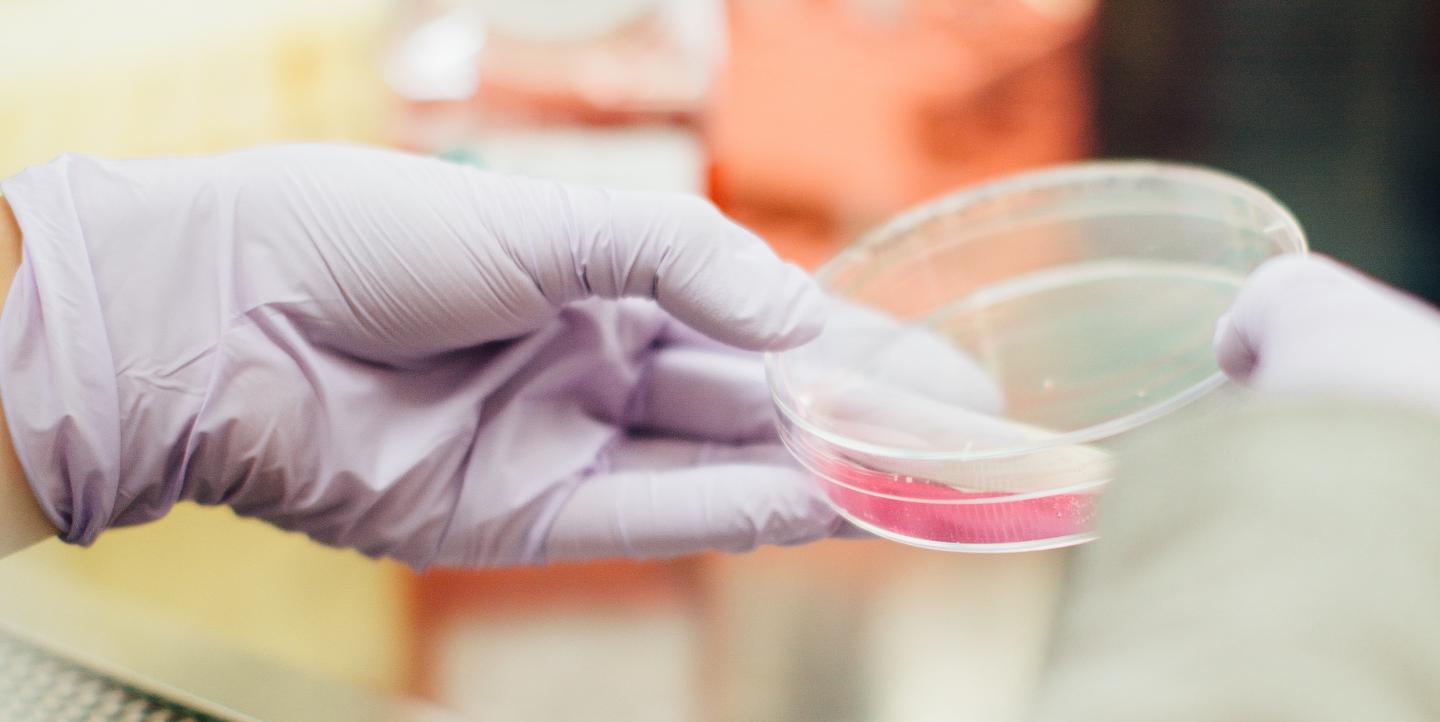Covering the healthcare beat is like tiptoeing through a minefield. Medical reports are full of contradictory information.
Take, for instance, a story in the Guardian that was published in early June: “Coffee lovers who drink up to 25 cups a day can rest assured the drink is not bad for their heart, scientists say.”
However, the story also notes, “Some previous studies have suggested that coffee stiffens arteries, putting pressure on the heart and increasing the likelihood of a heart attack or stroke, with drinkers warned to cut down their consumption.”
What is a reader to believe?
Evaluating medical reports
How do healthcare journalists separate fact from fiction? Medical reports can change peoples’ lives for better or for worse by sparking lifestyle changes, offering hope for new remedies and more. There is a huge responsibility for the media to get it right.
In May a panel at the Association of Healthcare Journalists’ (AHCJ) annual conference provided guidelines to help reporters master the intricacies of medical studies and decide which are newsworthy.
The panelists warned that studies often contain misinformation or have been manipulated to make results appear more significant. “Half of studies are wrong or p-hacked,” said Regina Nuzzo, a science writer and professor at Gallaudet University.
P-hacking, or data dredging, is the practice of manipulating data to show statistical significance for a desired outcome — usually one that benefits or validates the study’s sponsors.
“All researchers should verify their claims with data, particularly those who make unusual claims,” said Nuzzo. “Journalists should be skeptical.”
Tara Haelle, AHCJ’s leader for medical studies, moderated the conference panel. As part of her job, Haelle explains how to read, understand and report on medical research. She provided a list of basic questions all reporters should ask when covering new research:
- How does this study fit into the big picture?
- How does it compare to other studies on the same issue?
- Is it really new?
- Who sponsored it?
- How does it add to previous research?
- What is the clinical relevance, if any, of the study.
- How will this change a doctor's practice or the way a reader might choose to behave?
- Does the study’s findings matter to readers right now, and, if so, how?
IJNet spoke to Haelle for more insight into best practices for reporting on medical studies.
IJNet: What is your best advice on how to avoid misinformation in healthcare reporting?
Haelle: Reporters should always ask outside experts what the study's biggest weaknesses are and what the authors might have missed or left out. Questions include:
- Does it confirm what was already understood?
- Does it clarify an aspect not previously understood?
- Does it contradict past findings? How much?
- Does it contradict some but support others?
- Does it replicate established findings or relatively new findings?
- Basically, what did this area of research look like before this study came out, and how, if at all, does this study change or reinforce it?
How do you determine if medical research is newsworthy?
The most important question to consider in covering medical research is how it will affect readers' lives right now. That includes positive and negative possibilities, and it carries a great responsibility for the journalist.
Readers are going to want to know what to do with the information, and journalists have to consider how they might take information to heart.
[Readers] might start limiting a particular food, consider starting or stopping a supplement, ask their doctor about a new medication or avoid a certain pollutant or product. People read health news because they want to be healthier, so their bottom line is, "Why does this matter to me?"
Do you have any advice for evaluating the methodology of medical reports?
Journalists aren't expected to be experts in a specific field; [however], they're expected to be experts in finding the folks who are the smartest, most critical, skeptical, knowledgeable and wise in that field, and asking them about the methodology.
[Ask experts], “Was the study done appropriately?” “Any red flags?” “Any alternative explanations for findings?” “What are the biggest limitations?”
Additional resources
- Just for journalists: Tips and case studies for writing about health care: This resource from HealthNewsReview.org includes primers for writing about health care and complex medical topics. There is advice on common pitfalls healthcare journalists face, and case studies to learn more.
- Brief Guide to Writing Medical News: This resource was written by Sharon Begley, the senior science reporter at Stat, who previously reported at Reuters and The Wall Street Journal. It is available at The Open Notebook, a nonprofit that provides resources for science journalists.
- Kaiser Health News (KHN) and PolitiFact: In April, these organizations joined forces in a fact-checking partnership for health care coverage. Reporters and editors on both sides keep an eye out for healthcare-related claims to fact-check. When one surfaces, it is reviewed using PolitiFact’s methodology, and findings are published on both websites.
- The Association of Healthcare Journalists: The organization has a number of useful resources that are available for paying members.


